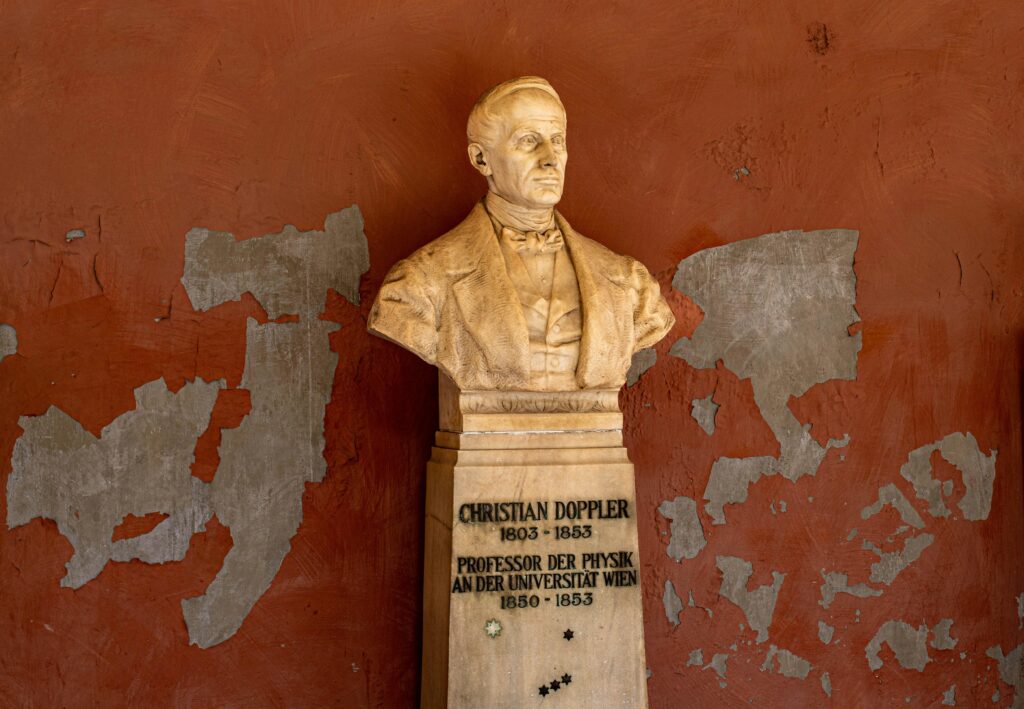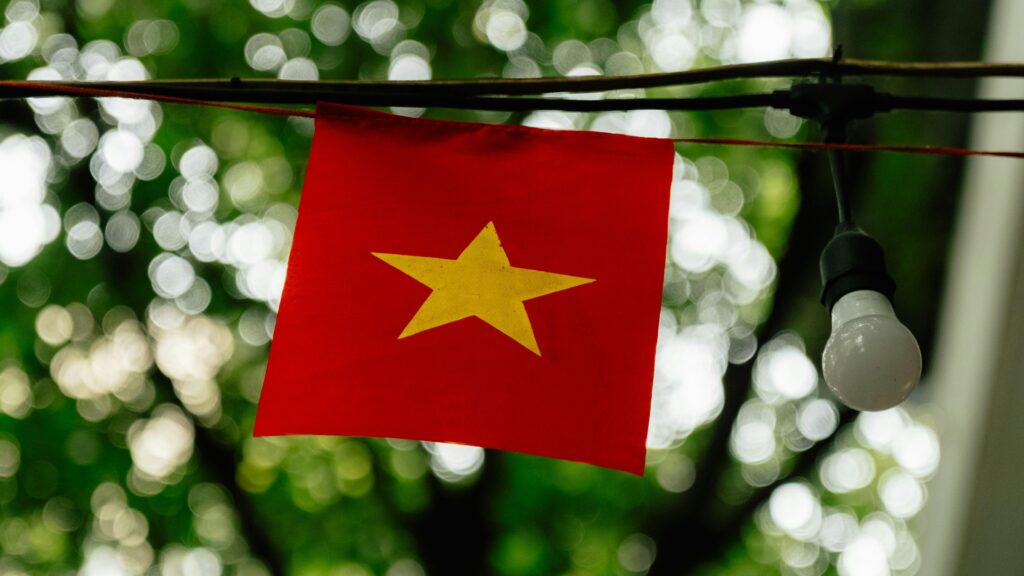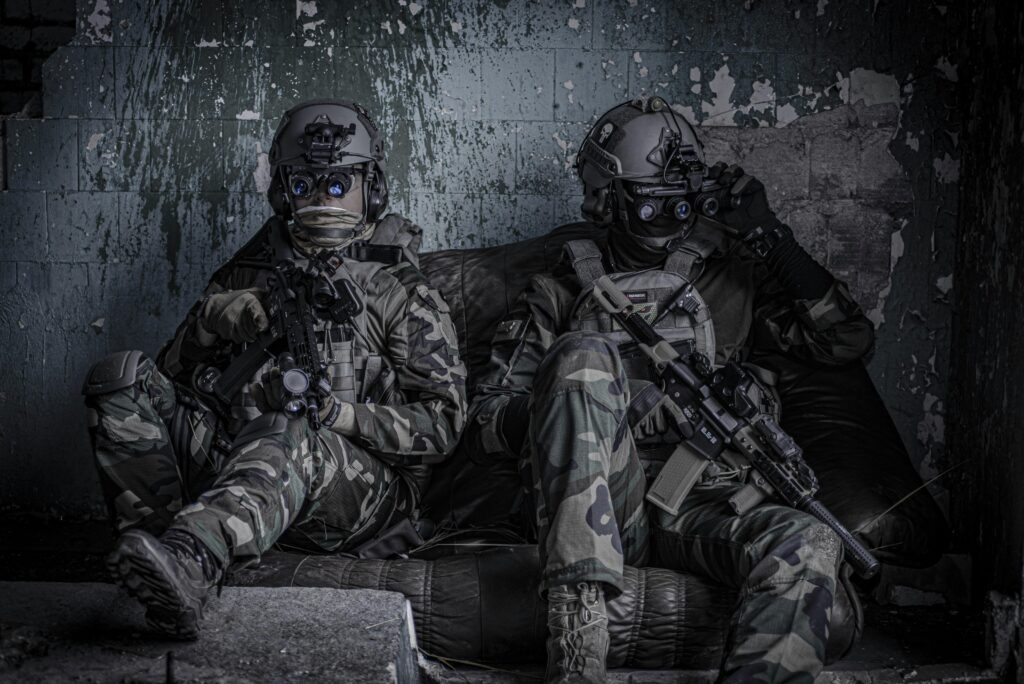In today’s interconnected world, political rivalries are almost inevitable as nations pursue their interests and assert their influence. While most of these competitions are kept within diplomatic channels, history has shown that some political disputes can escalate far beyond verbal exchanges and negotiations. When tensions intensify, what starts as a rivalry can quickly spiral into a full-blown military conflict, with consequences that affect not only the powers involved but also global stability. In this article, we’ll explore how political rivalries develop and the factors that can transform them into armed confrontations, offering insights into the delicate balance between diplomacy and conflict.
Table of Contents
- Understanding the Root Causes of Political Rivalries and Their Escalation
- Examining Historical Cases Where Political Tensions Led to Military Conflict
- Strategies for Diplomatic Engagement to Prevent Rivalries from Turning Violent
- Building International Mechanisms for Early Conflict Detection and Resolution
- Closing Remarks
Understanding the Root Causes of Political Rivalries and Their Escalation
Political rivalries often stem from a complex mix of historical grievances, competing national interests, and ideological differences. When nations or groups perceive threats to their sovereignty, security, or identity, tensions can quickly escalate. These root causes are frequently compounded by economic disparities, territorial disputes, and unresolved colonial legacies, making diplomatic solutions harder to achieve. Moreover, the role of leadership and rhetoric cannot be underestimated; inflammatory statements and uncompromising postures can deepen mistrust and harden attitudes on both sides.
Escalation is further fueled by several interrelated factors, including:
- Alliance structures: When rivalries are supported by powerful allies, local conflicts can quickly draw in broader regional or global powers.
- Arms proliferation: The accumulation of weapons heightens the stakes and lowers the threshold for military action.
- Domestic politics: Leaders may exploit rivalries to bolster internal support or distract from domestic issues.
- Failures in communication: Misunderstandings and lack of trust prevent conflict de-escalation and open channels for negotiation.
Understanding these dynamics is crucial for policymakers and observers seeking to defuse tensions before they spiral into open warfare.
Examining Historical Cases Where Political Tensions Led to Military Conflict
Throughout history, political rivalries have frequently acted as tinder for widespread military conflicts. A variety of factors such as power struggles, ideological differences, and territorial ambitions have ignited flames that spiraled beyond mere diplomatic frosts. Take, for example, the complex web of alliances and hostile sentiments preceding World War I—small-scale political disagreements ballooned into a catastrophic global war due to a volatile mix of nationalism, militarism, and alliance obligations. Similarly, Cold War tensions between the United States and the Soviet Union fostered dozens of proxy wars, where indirect confrontations reflected deeper ideological battles without direct superpower engagement.
These historical episodes reveal critical lessons about how unresolved political discord can escalate:
- Lack of communication often fuels misunderstandings that harden stances and reduce the possibility of peaceful negotiation.
- Economic competition and national pride can exacerbate threats, making conflicts more likely.
- Alliances and treaties sometimes compel states to act militarily, even when they wish to avoid confrontation.
When the political temperature rises unchecked, the risk of triggering military hostilities grows exponentially, underscoring the importance of proactive diplomacy and conflict prevention strategies.
Strategies for Diplomatic Engagement to Prevent Rivalries from Turning Violent
One of the most essential approaches to defuse escalating tensions between political rivals lies in fostering open channels of communication. Diplomatic backchannels, often overlooked, can provide a discreet forum for dialogue, enabling parties to express concerns without the pressure of public scrutiny. Equally important is the establishment of confidence-building measures such as joint problem-solving initiatives or cultural exchanges, which humanize opposing sides and reduce misconceptions that often fuel hostility. Without these foundational steps, misunderstandings can quickly amplify rhetoric and harden positions, increasing the risk of violent confrontations.
Additionally, the involvement of neutral third parties—be they international organizations or respected mediators—plays a crucial role in maintaining balance and fairness during negotiations. These intermediaries can offer objective perspectives and help frame issues in less confrontational terms. Creating formalized agreements on conflict resolution protocols, including dispute de-escalation mechanisms and regular review meetings, can also act as a preventive layer against impulsive military actions. Ultimately, maintaining diplomatic flexibility and prioritizing peaceful resolution over dominance is key to preventing rivalries from spiraling into war.
- Utilize backchannel diplomacy to facilitate discreet dialogue
- Implement confidence-building activities to foster mutual understanding
- Engage impartial mediators for balanced negotiation environments
- Establish formal conflict resolution agreements to guide peaceful outcomes
Building International Mechanisms for Early Conflict Detection and Resolution
The complexities of political rivalries demand not only vigilance but also proactive frameworks that can anticipate and defuse tensions before they escalate. Establishing robust international mechanisms enables the global community to step in with timely interventions, fostering dialogue and understanding among conflicting parties. Such initiatives often include:
- Diplomatic hotlines: Direct communication channels between leaders to prevent misunderstandings.
- Early warning systems: Analytical tools monitoring political developments and public sentiment.
- Mediation panels: Neutral third parties facilitating negotiations and bridging divides.
By weaving these strategies into a coordinated international framework, the risk of rivalries fomenting into armed confrontations diminishes significantly. Encouraging collaboration, transparency, and mutual respect lays the groundwork for a peaceful resolution of disputes, emphasizing prevention over reaction.
Closing Remarks
In the end, understanding how political rivalries can spiral into military conflicts is crucial for fostering a more peaceful world. While history offers numerous cautionary tales, it also provides valuable lessons on the importance of dialogue, diplomacy, and proactive conflict resolution. By recognizing the early warning signs and committing to open communication, leaders and citizens alike can help prevent disputes from escalating into violence. Let’s hope that by learning from the past, we can build a future where political differences are settled at the negotiating table—not the battlefield. Thanks for reading, and feel free to share your thoughts below!













